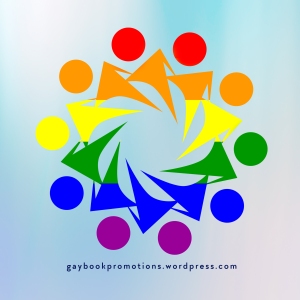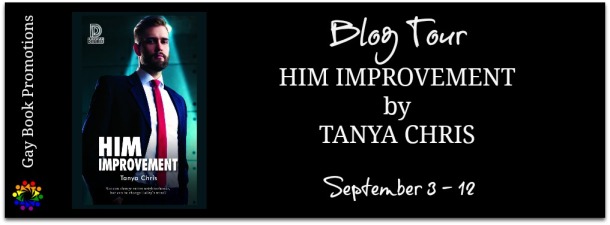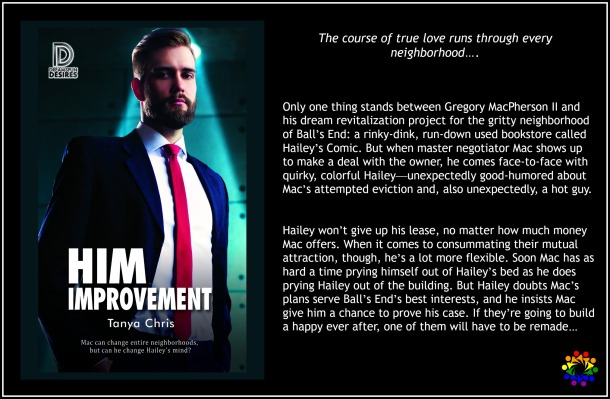308 pages
Publisher: Vintage
Blurb
One hot August day a family drives to a mountain clearing to
collect birch wood. Jenny, the mother, is in charge of lopping any small limbs
off the logs with a hatchet. Wade, the father, does the stacking. The two
daughters, June and May, aged nine and six, drink lemonade, swat away
horseflies, bicker, and sing snatches of songs as they while away the time.
But then something unimaginably shocking happens, an act so extreme it will scatter the family in every different direction.
In a story told from multiple perspectives and in razor-sharp prose, we gradually learn more about this act, and the way its violence, love and memory reverberate through the life of every character in Idaho.
But then something unimaginably shocking happens, an act so extreme it will scatter the family in every different direction.
In a story told from multiple perspectives and in razor-sharp prose, we gradually learn more about this act, and the way its violence, love and memory reverberate through the life of every character in Idaho.
Review
I’m not entirely sure what to say about this book except
maybe that it once again confirms that I’m not really clever enough for the sort
of literary works that win major prizes (The International Dublin Literary
Award in this case). Having said that, this story was a delightful and relatively
easy read, something which I can’t say for all recognized literary ‘master-pieces”.
But a story needs more than just being readable in order to be a great read.
And this story, for me, lacked some of that ‘something more’.
The start of this book, and the shocking events that form the
centre of everything that happens, read like something that would be developed.
I expected some sort of twist, a shocking revelation, or even a miraculous
turn-around. And (I realise this may constitute a spoiler) I was deeply
disappointed that face-value was basically all there was to that horrific
event.
The ‘revelation’ at the end, if you can call it that, is a
bit of a conceit, as in that it comes to a character who wasn’t there, doesn’t
know all the facts, and therefore can’t be sure of the truth of what they
appear to know; a character, furthermore, who may well feel guilty about where they
ended up in life and may be projecting that guilt further than it should go. I’m
not sure about the answer, because it’s not actually in the book.
The ending itself is somewhat of a non-event. It brings
together what for me were the two main characters of this story, but only for a
day and it doesn’t answer any of the questions the start of the story created.
But, having said all of the above, I have to admit that this
was an easy book to read. The story captivated me, as did the characters, maybe
because of how ordinary they were, despite that one shocking moment. Although I
have to admit that at least some of my motivation while turning the pages was
the expectation of and hope for if not a twist in the tale than at least enlightenment
about the why.
On the other hand, I can’t say I’m devastated about not
having received more clarification either. Because there is some charm in
playing the ‘I wonder’ and ‘what-if’ games after finishing a book.
To summarize, Idaho is a very well written and captivating study
of various fascinating characters. It’s definitely not a book for those who
demand clear answers and closed endings. But it will probably prove to have
been a wonderful choice for a bookclub discussion.














